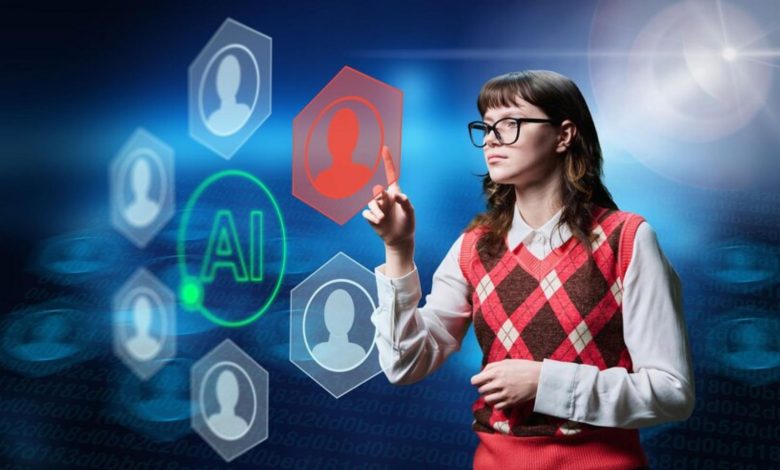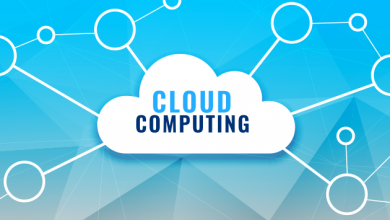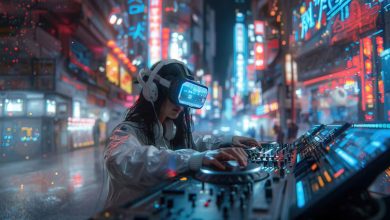The Influence of AI Advancements on Modern Learning Systems

In the 21st century, the integration of artificial intelligence (AI) into the education sector has brought about transformative changes, reshaping traditional learning methodologies and revolutionizing the way knowledge is imparted and acquired. This article delves into the multifaceted ways in which AI is enhancing the education system, catering to diverse learning needs, and fostering a more dynamic and personalized learning experience.
Personalized Learning:
AI algorithms analyze individual learning patterns and preferences to tailor educational content accordingly, catering to the unique needs and pace of each student. Through adaptive learning platforms, students receive customized learning pathways, ensuring optimal comprehension and retention of material. This personalized approach enhances student engagement and motivation, ultimately leading to improved academic outcomes.
Intelligent Tutoring Systems:
AI-powered tutoring systems provide students with personalized support and guidance, simulating the role of a human tutor. These systems leverage machine learning algorithms to assess student performance, identify areas of difficulty, and deliver targeted interventions in real-time. By offering immediate feedback and adaptive learning resources, intelligent tutoring systems facilitate mastery learning and promote continuous academic progress.
Enhanced Accessibility:
AI technologies enable the development of inclusive learning environments, breaking down barriers to education for individuals with diverse needs and abilities. Through speech recognition, natural language processing, and other AI-driven tools, students with disabilities can access educational content in alternative formats, such as audio transcripts or braille, fostering greater inclusivity and equity in education.
Data-Driven Decision Making:
Educational institutions utilize AI analytics to analyze vast amounts of data generated from student assessments, interactions, and performance metrics. By leveraging predictive analytics and machine learning algorithms, educators gain valuable insights into student progress and learning trajectories, enabling them to make informed decisions about instructional strategies, curriculum design, and resource allocation.
Virtual Reality and Simulation:
AI-powered virtual reality (VR) and simulation technologies offer immersive learning experiences, allowing students to explore complex concepts in a simulated environment. Whether it’s conducting virtual science experiments, exploring historical landmarks, or practicing real-world skills in a risk-free setting, VR enhances experiential learning and fosters deeper conceptual understanding across diverse subject areas.
Automated Grading and Assessment:
AI algorithms automate the grading and assessment process, streamlining the evaluation of assignments, quizzes, and exams. Through natural language processing and machine learning techniques, AI systems can analyze written responses, detect patterns, and assign scores with a high degree of accuracy. By reducing the burden of manual grading, educators can allocate more time to instructional planning and student support.
Adaptive Content Creation:
AI-powered content creation tools assist educators in developing high-quality learning materials tailored to specific learning objectives and student demographics. From generating interactive multimedia presentations to curating personalized learning resources, AI algorithms enhance the efficiency and effectiveness of content creation, enabling educators to deliver engaging and relevant instructional content across diverse learning modalities. Lifelong Learning and Professional Development: AI-driven learning platforms offer opportunities for lifelong learning and professional development, empowering individuals to acquire new skills and competencies in response to evolving workforce demands. Through personalized recommendations, adaptive learning pathways, and micro-credentialing systems, AI-enabled platforms facilitate continuous skill development and career advancement, ensuring that learners remain competitive in a rapidly changing job market.
Conclusion:
As artificial intelligence continues to advance, its integration into the education system holds immense potential for transforming teaching and learning practices, fostering greater accessibility, inclusivity, and effectiveness. By harnessing the power of AI-driven technologies, educators can create dynamic and personalized learning experiences that empower students to thrive in the digital age, preparing them for success in a rapidly evolving global landscape.



